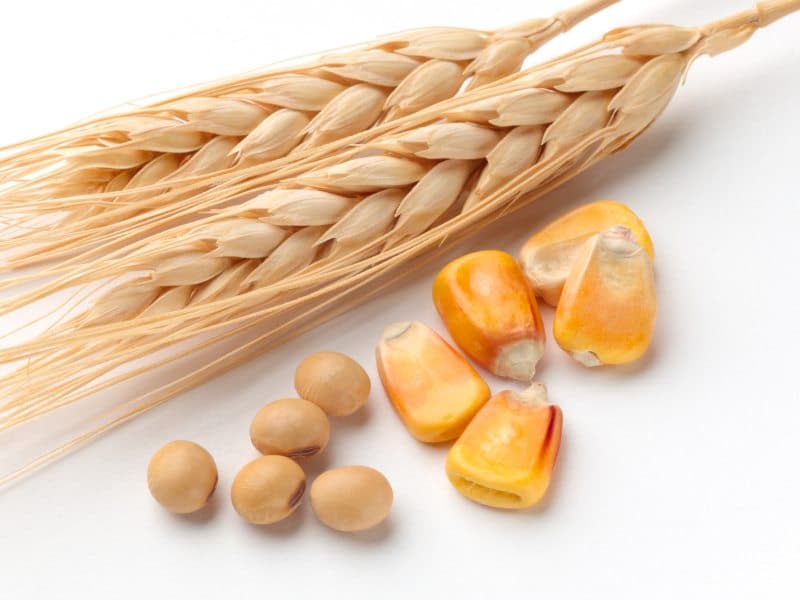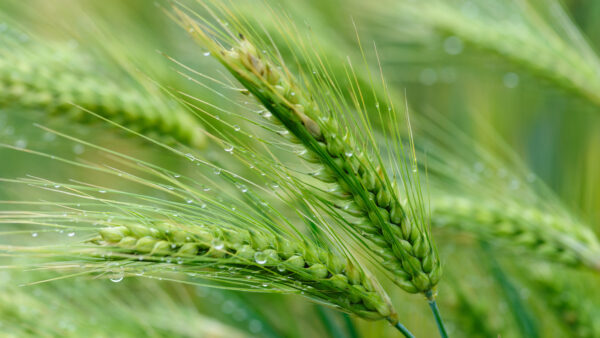Turkey is a country where archaeological evidence shows that flour milling first started roughly 12,000 years ago (10.000 BC), and today it is the global leader in flour exports.
Gobeklitepe, Sanliurfa, Turkey, is the site of the archeological discovery that could profoundly change the understanding of a crucial stage in the development of human society. The remains of fermented grains and wheat seeds contained in the dishes excavated from the ruins reveal that agriculture was carried out in a conscious manner. One of the biggest indicators of grinding wheat prior to consumption is the mid-drilled round stones shaped as the stone hand mills.
Wheat flour mills are present in almost all provinces, with Konya (Central Anatolia) having the largest number of plants. Currently, 707 of 1,200 flour mills are active. The average capacity use rate in the flour industry is 45 percent, with annual production capacity estimated at 30 million tonnes.
According to the Turkish Statistical Institute, Turkey’s flour exports jumped from about 355,000 tonnes in 2000 to about 3.5 million tonnes in 2017, while the International Grains Council (IGC) forecasts Turkey’s flour exports at 5.45 million tonnes (grain equivalent) followed by Kazakhstan (3.35 million tonnes) and Argentina (1.14 million tonnes) for 2017-18.
As noted in the December 2016 issue of “World Grain,” Turkey accounted for nearly one-third of total trade in wheat flour that year, and “the Turkey outgo would approach being the largest amount of flour ever exported by a single country. The wheat equivalent total forecast this year for Turkey is between 85 million and 90 million hundredweight, which is a remarkable achievement for a nation that first exported flour in 1984-85, shipping 7,000 tonnes of wheat equivalent, and which did not ship as much as 1 million tonnes until 2004-05.”
Many factors have contributed to Turkey’s success in this area, including seed industry advancements. The U.S. Department of Agriculture Foreign Agricultural Service (USDA-FAS) notes that Turkey applied prominent changes to its basic policies related to the seed industry at the beginning of the 1980s and transitioning from a public-based seed industry to one based on private enterprises.
Turkish seed policy is based on government supported plant breeding and private breeding. The government and private sectors’ production capacity has increased with the help of policies supporting certified seed use and domestic seed production. Certified seed production has increased about threefold in the past 10 years.
According to USDA-FAS, Turkey’s certified seed use is expected to increase due to the government’s encouragement. Higher quality seeds are expected to lead to better yields.
Ali Ozbugday, chairman of the board of ProGen Seed Inc. and former president of the Turkey Seed Industry Association (TURKTED), said that since 1985 the country’s seed sector had fundamental progress, having private sector integration with the world seed policies based on scientific and technological developments and changes in the seed systems.
“Depending on the developments of certified seed sector in Turkey, seed production and use have increased over the years,” he said. “While it was 110,000 tonnes in 1996, certified wheat seed production reached about 700,000 tonnes in 2017. Turkey showed an increase in the average yield of wheat of 1.98 tonnes per hectare in 1996 to 2.36 tonnes per hectare in 2006 and reached about 3 tonnes per hectare today. The impact of certified seed use in this yield increase cannot be underestimated.” —Source: World-Grain.com.











